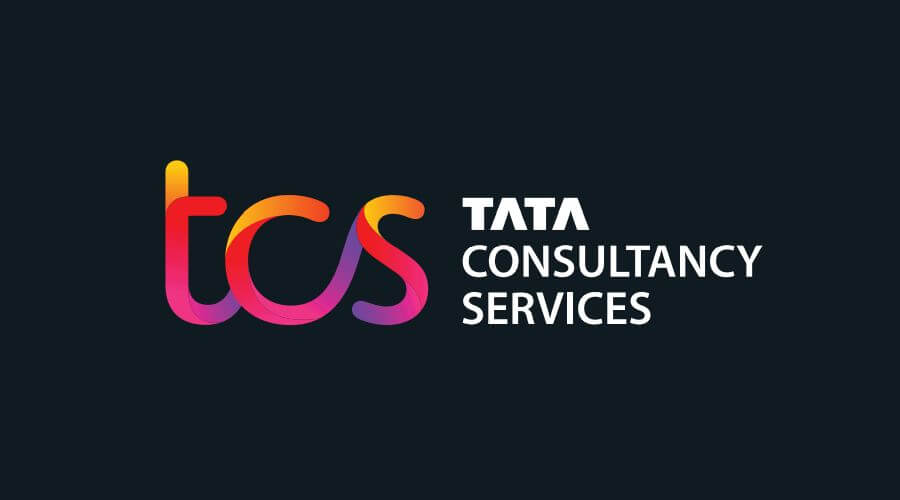Tata Consultancy Services (TCS), a leading global IT services company, is planning a workforce reduction that will affect approximately 2% of its employees, equating to over 12,000 positions. This decision, expected to take place throughout the fiscal year 2026 (April 2025 to March 2026), primarily impacts those in middle and senior management roles across various domains and regions.
Reasons for the Workforce Reduction
Several factors are contributing to this restructuring.
- Strategic Realignment: TCS is embarking on a journey to become a "future-ready organization". This involves strategic initiatives, including investments in emerging technologies, expansion into new markets, and large-scale deployment of Artificial Intelligence (AI).
- AI and Automation: The increasing adoption of AI and automation is changing the demand for IT services and diminishing the need for labor-intensive service delivery. Clients are also demanding significant price reductions, putting pressure on IT firms to optimize costs and maintain profit margins.
- Evolving Skill Demands: Rapid technological advancements require a workforce with new skills. TCS has been investing in upskilling and reskilling its employees; however, redeployment hasn't always been effective, leading to the release of associates whose skills don't align with future needs.
- Economic Uncertainty: Global economic headwinds, persistent inflation, and delays in client decision-making have led to weaker demand and project starts, prompting TCS to tighten hiring and optimize resources.
Impact on Employees
TCS has stated its commitment to supporting affected employees through this transition. Impacted employees will receive:
- Severance packages
- Compensation for their notice period
- Extended insurance benefits
- Outplacement services, including counseling and support to find new opportunities
TCS's Broader Strategy
The workforce reduction is part of TCS's comprehensive strategy to:
- Invest in emerging technologies like AI, cloud computing, and the Internet of Things (IoT)
- Expand into new markets and diversify its offerings
- Strengthen its partnerships and build advanced infrastructure
- Foster a culture of innovation and build new capabilities at scale
Industry Context
TCS's decision reflects a broader trend in the IT services industry. Other major IT firms are also optimizing their workforce and realigning their strategies to adapt to the changing landscape. Analysts suggest that smaller companies may follow suit.
Financial Performance
Despite the workforce reduction, TCS has demonstrated strong financial performance. In the first quarter of FY26, TCS reported a net profit of ₹12,760 crore, a 6% increase compared to the same period the previous year. Revenue from operations also rose by 1.3% to ₹63,437 crore.
Conclusion
The decision to reduce its workforce is a strategic move by TCS to adapt to the evolving IT landscape, driven by technological advancements and changing market dynamics. While this move presents challenges for affected employees, TCS is providing support to help them transition to new opportunities. The company is focused on investing in new technologies and realigning its workforce to maintain its competitiveness and drive future growth.

















